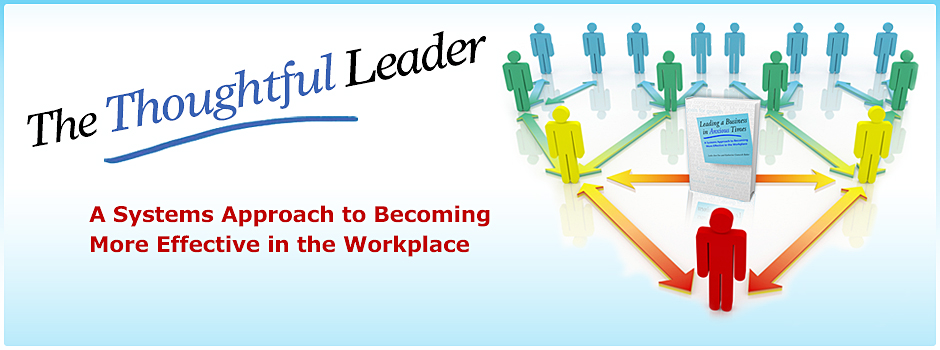I went to see Spielberg’s “Lincoln” a second time this week in order to verify whether Lincoln was really the perfect example of Systems Based Leadership I had thought he was when I first saw the movie after Thanksgiving. Even though Lincoln was born more than a hundred years before Murray Bowen, he apparently had an instinctive way of defining himself that is remarkably congruent with Bowen’s ideas about leadership.
From the very beginning of the movie, Lincoln is direct and respectfully attentive with all those around him, from simple foot soldiers, to Secretary of State Seward (to whom he says “I always listen to your opinions with three ears”), to his wife and youngest son Tad, to members of Congress, to the young men typing out Morse Code telegraph messages in the middle of the night, to the wounded soldiers he visits in the hospital. He reaches out, touches a hand or a shoulder, asks people their names and what they think, and then he truly listens to their answers. He takes the best thinking of others into account, and then through rumination, weighing the consequences, stepping back and then stepping up, he makes decisions, defines his “I” position, and moves ahead to implement the actions he believes are best for the country. It is in this sense of his higher purpose, that he is not making decisions based on his own preferences, but on what he believes is best for the Union, that makes his leadership so compelling.
Lincoln often uses anecdotal humor to lighten the atmosphere when a discussion gets too intense. His stories help people relax, breathe, laugh, and think more clearly. He carves a pencil and tells a story during a Cabinet meeting, but ultimately he is powerfully decisive when he draws a line in the sand and states, “I am the President, the Commander in Chief of this great nation, and I want those votes.”
Lincoln believes in going slowly when people disagree. The radical leader of the liberal wing of the Republican Party, Thaddeus Stephens, tells him to be a “real leader,” to hurry up and demand more sweeping language in the 13th Amendment. Lincoln responds, “I admire your zeal, Mr. Stephens,” but then he points out how a compass may indicate where True North is, but how it always fails to tell us where the swamps and deserts lie between where we are now and where we want to go. To get to True North, we usually have to take circuitous routes, which can involve triangles.
Triangles are of course not specifically labeled in the movie, but they are everywhere: Lincoln, his wife, and their oldest son who wants to drop out of college and join the army; Lincoln, Secretary of State Seward, and the representatives of the Confederacy; Lincoln, Stephens, and the other members of Congress. In every case, Lincoln makes clear where he stands and then communicates his position to the other two sides of the triangle. In Systems Based Leadership this is called “de-triangling.”
We don’t learn much about Lincoln’s family of origin from the movie, although he mentions his father once as “a rough man but fair.” He says his father wasn’t kind, “but I learned kindness from others” probably referring to his older sister Sarah and his affectionate step-mother who joined the frontier family with her own three children after Lincoln’s mother had died. There is an undertone of tremendous sadness throughout the movie – the deaths of his mother and two of his beloved sons from sudden illness, and the deaths of more than 600,000 young men who died fighting in the Civil War are huge sources of grief – but these losses seem to spur Lincoln to think ahead toward a “liberal peace” that will reunite the country when the War is over. He asks the representatives of the Confederacy, “Shall we stop this bleeding?” and he is ready to rebuild the country without retribution or revenge when he has their full surrender. He always has the big picture, the long future in mind, as does any leader who is high on Bowen’s Scale of Differentiation of Self.
If you haven’t yet seen Spielberg’s “Lincoln,” I recommend it as a powerful example of “Leading a Country in Anxious Times,” while maintaining one’s sense of solid self. You may even find that it inspires your own workplace leadership.
Katharine G. Baker, PhD
